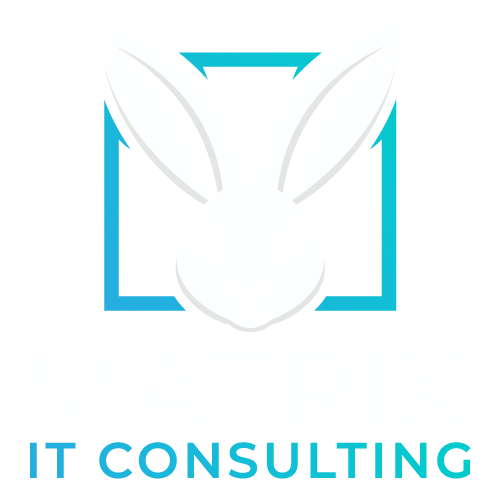🚀 Introduction
In today’s IT landscape, businesses rely heavily on their Managed Service Providers (MSPs) to maintain uptime, security, and efficiency. The foundation of this service is built on Remote Monitoring and Management (RMM) software, which provides real-time alerts 📡 and insights into a client’s IT infrastructure. However, the effectiveness of an RMM platform is only as strong as the accuracy and reliability of its alerts. ⚠️
Misconfigured alerts—whether false positives 🚨 or missed critical warnings ❌—can lead to inefficiencies, alert fatigue, and costly downtime. This is why having the right expert 🧑💻 configure and fine-tune an RMM system is just as important as the software itself. A well-optimized RMM ensures that MSPs can proactively address issues, maintain trust with their clients, and improve operational efficiency. 📈
In this blog, we will explore why accurate alerts are vital, how incorrect configurations can hinder performance, and why leveraging a knowledgeable consultant is crucial for maximizing an RMM system’s potential. Read on to discover how the right approach to alerting can transform your MSP’s service delivery and client satisfaction. ✅
Why Accurate and Reliable Alerts Matter
- Minimizing Downtime and Performance Issues ⏳
Timely and precise alerts ensure that MSPs can detect and resolve potential issues before they escalate into critical failures. Reliable alerting mechanisms allow IT teams to act quickly, reducing downtime and maintaining business continuity for clients. Without accurate alerts, critical issues may go unnoticed, leading to costly outages and lost productivity. 💸
- Avoiding Alert Fatigue 🔕
False positives and excessive notifications create noise that overwhelms technicians, leading to alert fatigue. When IT teams receive too many unnecessary alerts, they may begin to ignore or dismiss notifications—including the critical ones. A well-configured RMM system with refined alert parameters ensures that only actionable issues are flagged, helping MSPs stay focused and efficient. 🎯
- Building Client Trust and Confidence 🤝
Clients depend on their MSPs to maintain the stability and security of their IT environments. If alerts frequently misfire—either failing to notify about real threats 🛑 or bombarding clients with unnecessary warnings—trust in the MSP’s services diminishes. Accurate alerts demonstrate professionalism, competence, and a proactive approach to IT management, fostering long-term client relationships. 🏆 - Enhancing Operational Efficiency and ROI 💰
A well-optimized alerting system allows MSPs to allocate resources more effectively. Technicians spend less time sifting through false alarms and more time addressing real issues. This improves service efficiency, optimizes labor costs, and ultimately increases the return on investment (ROI) for both the MSP and their clients. 📊
🔍 The Role of a Skilled Consultant in RMM Configuration
The importance of accurate alerts goes beyond just the software itself—correctly setting up and fine-tuning an RMM platform requires deep expertise. A knowledgeable consultant brings the experience needed to tailor the system to the MSP’s specific needs, ensuring optimal alert thresholds, minimal false positives, and clear escalation policies. Here’s why having the right consultant matters:
- Deep Understanding of Alert Configurations 🛠️
A skilled consultant knows how to configure alerts so that MSPs receive the right balance of proactive warnings without being overwhelmed. They can fine-tune alerting thresholds based on industry best practices and individual client requirements. 🔧 - Expertise in Automation and AI-Driven Alerts 🤖
Many modern RMM platforms incorporate AI and automation to enhance alerting accuracy. A consultant with experience in these technologies can ensure that the system leverages AI-based insights effectively, reducing noise while improving real-time threat detection. 🧠 - Customizing Alerts for Different Environments 🌎
Every client’s IT infrastructure is unique. An expert consultant understands how to tailor alerting parameters based on network size, security requirements, and service-level agreements (SLAs). This prevents unnecessary disruptions while maintaining high levels of responsiveness. ⚙️ - Ongoing Optimization and Review 🔄
A well-configured RMM platform is not a one-time setup—it requires continuous monitoring and adjustment. A knowledgeable consultant ensures that as client environments evolve, alerting rules and configurations remain effective and aligned with business needs. 📆
✅ Best Practices for Ensuring Alert Accuracy
To maximize the effectiveness of RMM alerts, MSPs should follow these best practices:
- Fine-Tune Thresholds and Policies 🎚️
Adjust alert thresholds to minimize false positives while ensuring critical issues are detected. Customizing alerts based on device types, network environments, and service-level agreements (SLAs) prevents unnecessary notifications. ⚖️ - Implement AI and Machine Learning for Smart Alerts 🧠
Modern RMM platforms leverage artificial intelligence (AI) and machine learning (ML) to analyze patterns and differentiate between normal fluctuations and true anomalies. These technologies help reduce noise and improve alert accuracy. 📡 - Regularly Audit and Adjust Alert Configurations 📝
As IT environments evolve, alert configurations should be regularly reviewed and updated. Conducting periodic audits ensures that alerting remains aligned with business needs and service objectives. 🔍 - Use Multi-Layered Alerting with Escalation Policies 📢
Implementing tiered alerting and escalation processes ensures that issues are addressed at the right levels of expertise. Initial alerts can be routed to junior technicians, with escalations for unresolved issues moving to senior engineers or management. 📊 - Integrate Alerts with Automated Remediation ⚙️
Where possible, integrate alerts with automated remediation tools. This allows minor issues to be resolved automatically without human intervention, reducing manual workloads and enhancing response times. ⏩
🏁 Conclusion
Accurate, reliable, and trustworthy alerts are the foundation of an effective RMM strategy. However, ensuring alert accuracy requires more than just software—it demands the expertise of a skilled consultant who can configure, optimize, and continuously refine the system. By fine-tuning alert configurations, leveraging AI-driven intelligence, and integrating automation, MSPs can transform their RMM alerts into powerful tools for proactive IT management. In an industry where efficiency and reliability are paramount, having the right consultant configure the system is not just a best practice—it’s a necessity for success. 🎯✅






